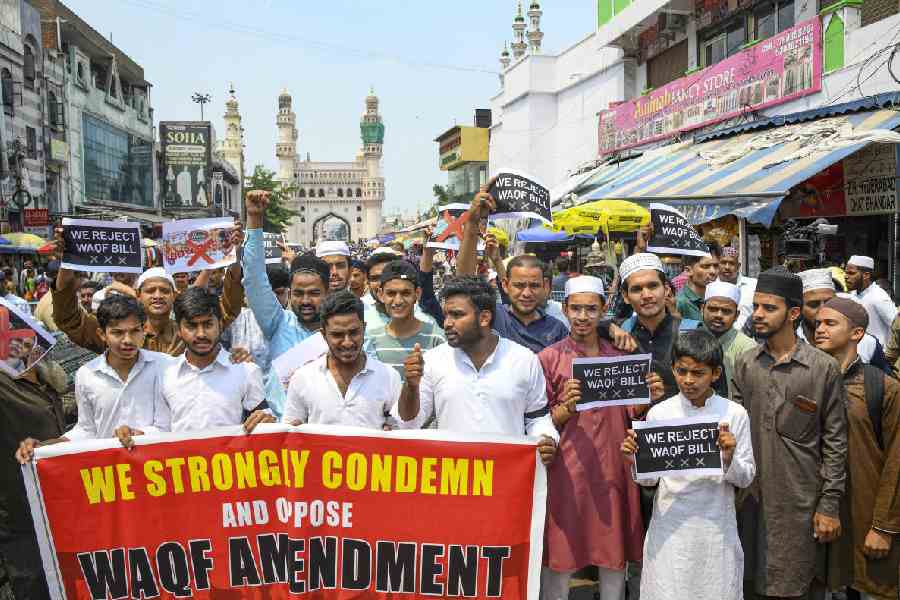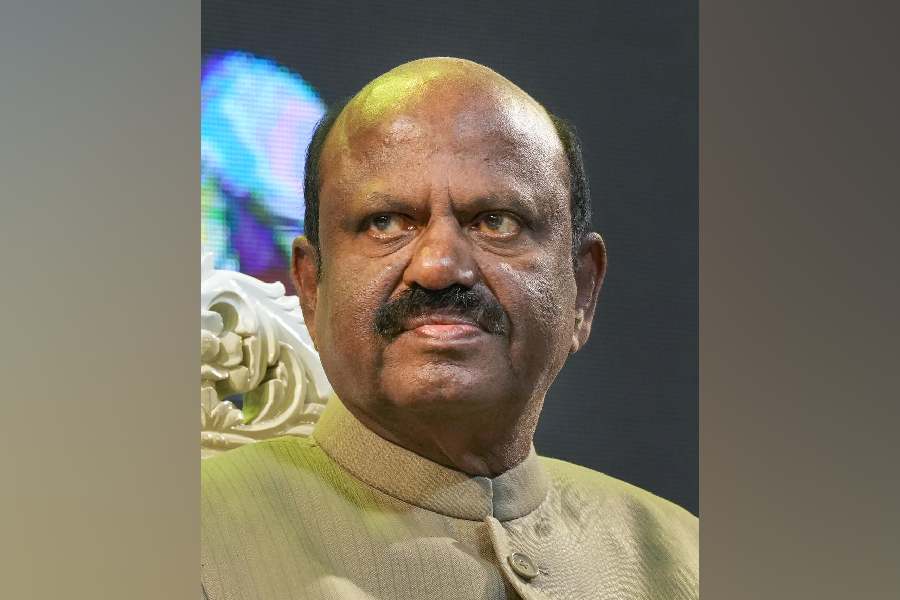Opposition leaders have called the Supreme Court’s interim order on the Waqf (Amendment) Act, 2025 a vindication of their stand that the law was unconstitutional and pushed through to target a community.
Congress general secretary Jairam Ramesh called the order a victory for those who had opposed the law in Parliament.
"The Supreme Court’s order today represents a substantial victory not just for the parties that opposed this arbitrary law in Parliament but all those members of the Joint Parliamentary Committee who submitted detailed dissent notes which were then ignored but now stand vindicated," Ramesh said.
"With this order, the Supreme Court has stayed the powers of the collector, protected existing Waqf properties from dubious challenges and stayed the provision requiring proof of being a Muslim for 5 years until such times as rules are framed. We welcome this order as a win for the constitutional values of justice, equality, and fraternity," he added.
Tamil Nadu chief minister M. K. Stalin, whose party DMK was among the petitioners, said, "This order is a major step towards undoing the unconstitutional and illegal amendments made by the BJP government. The DMK has consistently opposed these amendments from the time the Bill was introduced in Parliament," Stalin said.
"Today’s order strengthens the hope and trust that people place in the Hon'ble Supreme Court to safeguard the religious rights of the Muslim minority community and to uphold the Constitution," he added.
Congress MP K. C. Venugopal said the court’s intervention exposed the government’s intent.
"During the Parliament discussion, many opposition MPs including myself demanded removing the clause that mandated a person to be a Muslim for at least 5 years to create a Waqf, removing the provision that gave district collectors the powers to decide Waqf disputes, and doing away with the provision that allowed non-Muslims to be part of Waqf Councils," Venugopal said.
"This verdict is yet another tight slap on the face of this government that is solely focused on destroying the Constitution. They should take the right lessons from this order and repeal the law immediately," he added.
TMC MP Sagarika Ghose said the apex court has sent an important message to the “rickety Modi coalition.”
"Two of the most contentious clauses of the Waqf Amendment Act stayed by the Supreme Court. An important message has been sent to the rickety Modi coalition. Hastily passed legislation which interferes in the freedom of religion needs a rethink," Ghosh said.
Samajwadi Party chief Akhilesh Yadav said, "Our opinion was that the government should not interfere in Waqf. We hope the Supreme Court will do further justice."
Jamiat Ulema-e-Hind expressed confidence that the top court will "abolish this oppressive law" and ensure constitutional justice.
Its president Maulana Arshad Madani said the interim relief has transformed its hope into certainty that justice is still alive.
He said Jamiat will continue its legal and democratic struggle until this "oppressive law is repealed".
"This new Waqf law is a direct attack on the Constitution of the country, which not only grants equal rights to citizens and minorities but also provides them with complete religious freedom. This law is a dangerous, anti-Constitutional conspiracy to snatch away the religious freedom of Muslims," Madani claimed.
AIMPLB spokesperson Dr Syed Qasim Rasool Ilyas said, "It is technically a matter of the Muslim community. There was a condition to be a Muslim, and anyone could be a member. But now, they can't be more than four. The court has accepted the appeal, which states that only persons practising Islam for the last five years can create Waqf."
Earlier on Monday, the bench of Chief Justice B. R. Gavai and Justice Augustine George Masih pressed pause on three contentious aspects of the law.
The judges struck down the rule that only those who had practised Islam for five years could dedicate property as Waqf. They also halted the powers earlier granted to district collectors to decide Waqf-related disputes.
The bench also limited the representation of non-Muslims on Waqf Boards, allowing no more than four of the 20 members in the Central Waqf Council and three of the 11 members in State Waqf Boards.












